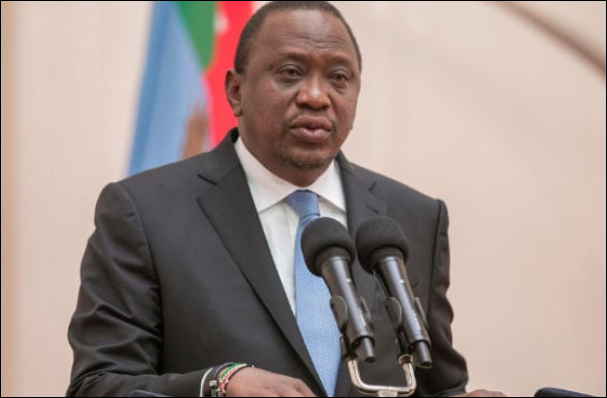×
The Standard e-Paper
Kenya’s Boldest Voice

It has emerged that the Government is seeking approval of a supplementary budget to the tune of Sh86.6 billion. Most of this money will go to development spending, in a measure that the Treasury characterised as a reorganisation of spending to prioritise either new or existing development projects.






